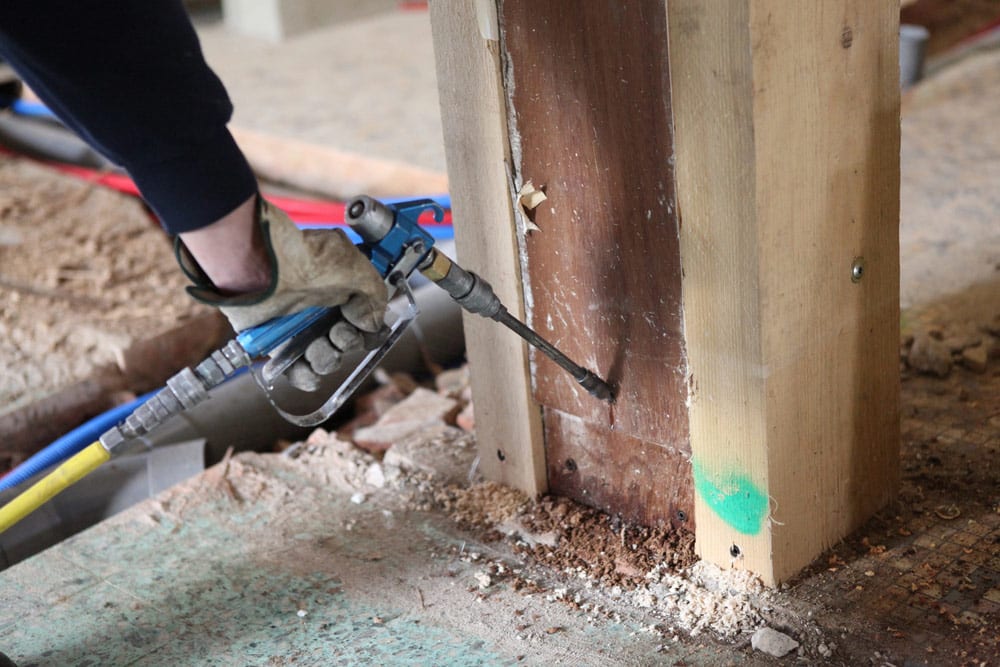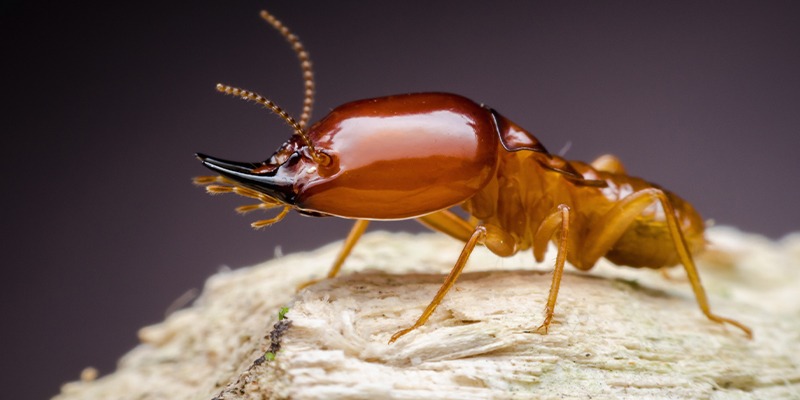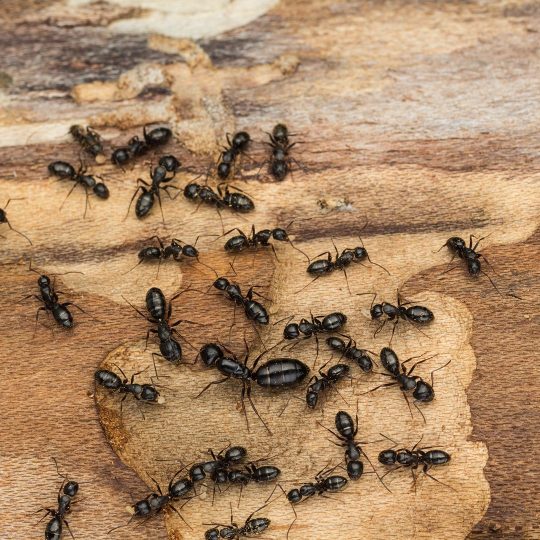Premier Termite Control Services: Make Sure Long-Term Security for Your Residential property
Environmental Impact of Parasite Control: Balancing Efficiency With Sustainability
The environmental effect of parasite control is a crucial problem that calls for a delicate balance between accomplishing performance in managing bugs and making sure sustainability of our ecological communities. From the usage of hazardous chemicals that leak into our dirt and water to the unexpected effects on non-target varieties, the repercussions of conventional insect control methods are significant.
Dangerous Chemicals in Bug Control
The application of harmful chemicals in pest control poses significant environmental and health risks that warrant careful consideration and mitigation techniques. Chemicals, pesticides, and herbicides are commonly made use of to remove parasites, yet their prevalent application can lead to unintended consequences. These chemicals can infect dirt, water sources, and the air, affecting not only the targeted pests but additionally beneficial pests, wild animals, and human beings.

To deal with these dangers, incorporated bug management (IPM) strategies are being promoted as a more sustainable option. IPM involves a combination of approaches such as organic control, habitat adjustment, and the targeted use pesticides as a last option (ant control clayton nc). By adopting an alternative method to pest control, we can reduce the environmental and wellness influences connected with damaging chemicals while efficiently taking care of pest populations
Influence On Non-Target Types
Considering the unintended effects of insect control methods, the effect on non-target species is a crucial facet that needs comprehensive evaluation. While bug control steps aim to target particular parasites, other microorganisms in the environment may be unintentionally affected. Non-target types, including helpful insects, birds, creatures, and also plants, can experience straight or indirect injury from pesticide applications or organic control methods.
Pesticides designed to combat a specific insect bug may hurt pollinators like bees or all-natural predators such as ladybugs. Biological control representatives, if not species-specific, can position dangers to unintentional targets, interfering with the ecological balance.
To reduce the impact on non-target varieties, incorporated bug administration (IPM) methods that emphasize an all natural method to pest control are recommended. These techniques prioritize using environmentally friendly practices, minimizing damage to useful microorganisms while successfully managing pest populaces. Carrying out detailed threat analyses and keeping track of the end results of bug control efforts are vital steps in securing non-target species and advertising total environment health and wellness.
Soil and Water Contamination
Unintended ecological effects of insect control approaches prolong past affecting non-target types, with considerable ramifications for soil and water contamination. Pesticides, herbicides, and chemical plant foods utilized in pest control can seep into the dirt and pollute groundwater, posturing a danger to both earthbound and water environments. Dirt contamination can interrupt the balance of bacteria crucial for nutrition cycling and plant growth, causing lowered dirt fertility and performance. Furthermore, these chemicals can continue the setting for extended durations, accumulating in the dirt and potentially getting in the food web.
Water contamination is an additional critical issue associated with parasite control methods. To alleviate soil and water contamination from pest control activities, incorporated pest monitoring techniques that prioritize sustainability and decrease chemical inputs are essential.
Air Pollution From Pesticide Use
Direct exposure to airborne pesticides during agricultural look at more info applications postures a significant problem for air contamination control steps. Additionally, pesticide drift, where pesticides are brought by the wind to unplanned areas, can lead to the contamination of close-by communities and water bodies.

Methods for Lasting Parasite Control
In the realm of agricultural methods, applying lasting pest control approaches is critical for preserving environmental equilibrium and guarding crop yields. Sustainable insect control highlights using eco-friendly approaches to manage bug populations efficiently while lessening damage to non-target microorganisms and ecological communities. Integrated Pest Management (IPM) is a widely adopted approach that combines biological, cultural, physical, and chemical control methods to achieve long-term pest management remedies.
One trick strategy in lasting parasite control is promoting biodiversity within agroecosystems. By boosting all-natural opponents of bugs, such as predators and parasitoids, farmers can decrease the need for artificial chemicals. Plant rotation and diversification are also effective strategies to interrupt pest life process and produce less beneficial problems for parasites to prosper. Furthermore, using pest-resistant plant ranges and utilizing techniques like catch cropping can help reduce parasite pressure without relying greatly on chemical interventions. Ultimately, by incorporating these sustainable pest control approaches, farmers can accomplish a balance in between pest administration effectiveness and ecological stewardship.
Final Thought
In conclusion, the ecological influence of insect control approaches should be carefully thought about to stabilize efficiency with sustainability. Harmful chemicals utilized in parasite control can result in dirt and water contamination, air contamination, and harm non-target types - termite control services. It is important to apply sustainable insect control methods to minimize these negative impacts on the setting and advertise a healthier community for future generations
By taking on a holistic method to pest control, we can lessen the ecological and health impacts connected with harmful chemicals while efficiently handling pest populaces.

To reduce the air contamination triggered by chemical use, it is essential to embrace incorporated insect monitoring techniques that focus on the use of non-chemical bug control methods, such as crop turning, natural predators, and immune crop varieties. Lasting insect control stresses the use of ecologically pleasant methods to handle parasite populations successfully while minimizing damage to non-target microorganisms and ecological communities. Integrated Insect Monitoring (IPM) is a widely adopted technique that incorporates biological, cultural, physical, and chemical control techniques to attain long-term insect administration remedies.